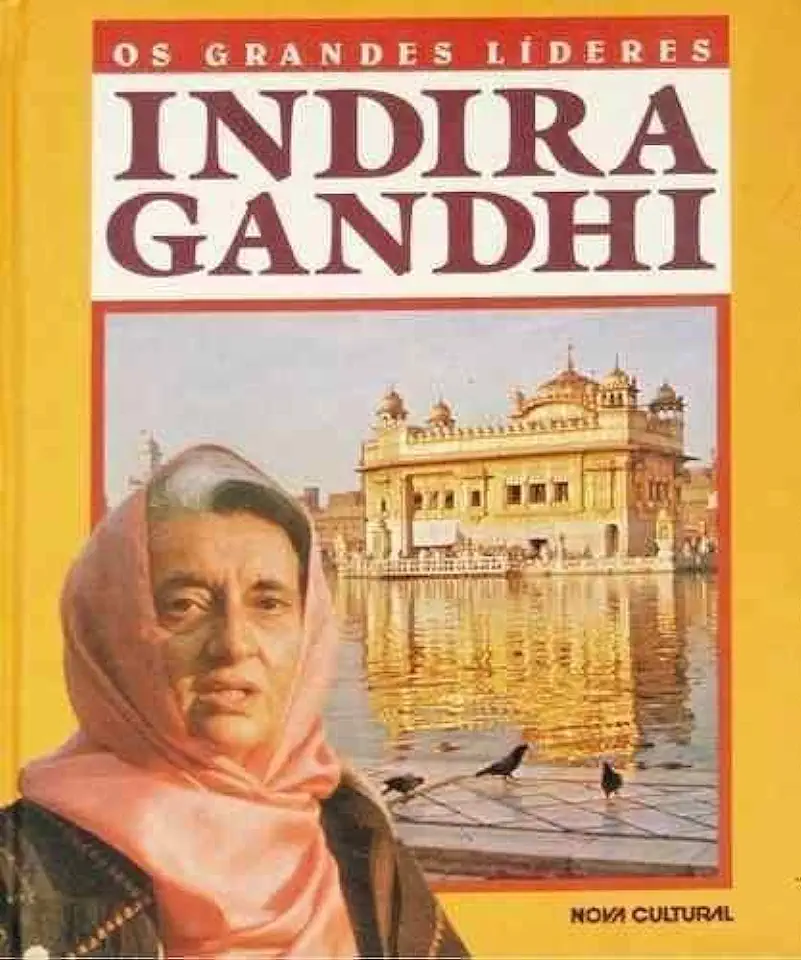
Great Leaders - Indira Gandhi - Francelia Butler
Great Leaders: Indira Gandhi - Francelia Butler
A Transformational Leader
Indira Gandhi, the first and only female Prime Minister of India, was a transformative leader who left an indelible mark on the nation's history. Her unwavering commitment to social justice, economic progress, and national sovereignty earned her the respect and admiration of people around the world. This comprehensive biography by Francelia Butler provides a captivating account of Indira Gandhi's life and leadership, offering a profound understanding of her remarkable achievements and the challenges she faced.
Early Life and Influences
Born on November 19, 1917, Indira Gandhi was the daughter of Jawaharlal Nehru, a prominent leader of the Indian independence movement. Growing up in a politically charged environment, she developed a deep sense of patriotism and a passion for social change. Her early experiences shaped her worldview and laid the foundation for her future leadership.
Rise to Power
Indira Gandhi's political career began in the 1950s when she joined the Indian National Congress, the party that led India to independence. Her charisma, intelligence, and dedication quickly propelled her through the ranks, and she eventually became the Prime Minister in 1966.
Key Achievements
During her tenure as Prime Minister, Indira Gandhi implemented several bold and transformative policies that had a profound impact on India's development. Some of her key achievements include:
Green Revolution: Indira Gandhi spearheaded the Green Revolution, a series of agricultural reforms that revolutionized farming practices and led to increased food production, ensuring food security for millions of Indians.
Nationalization of Banks and Industries: She nationalized major banks and industries, bringing them under government control to promote economic equality and reduce the influence of private monopolies.
Non-Aligned Movement: Indira Gandhi played a pivotal role in the Non-Aligned Movement, a group of countries that sought to remain independent of both the Western and Eastern blocs during the Cold War. She advocated for peace, disarmament, and the rights of developing nations.
Bangladesh Liberation War: Under her leadership, India intervened in the Bangladesh Liberation War in 1971, leading to the creation of Bangladesh as an independent nation. This victory solidified India's position as a regional power.
Challenges and Controversies
Indira Gandhi's leadership was not without its challenges and controversies. She faced criticism for her authoritarian style of governance, particularly during the Emergency period from 1975 to 1977, when civil liberties were suspended. However, her supporters argue that these measures were necessary to maintain stability and address pressing national issues.
Legacy and Impact
Indira Gandhi's legacy is complex and multifaceted. She is remembered as a strong and decisive leader who transformed India's political landscape and made significant contributions to the country's development. Her commitment to social justice, economic self-reliance, and national pride continues to inspire generations of Indians.
Conclusion
Francelia Butler's "Great Leaders: Indira Gandhi" is a comprehensive and engaging biography that captures the essence of a remarkable leader who left an indelible mark on India's history. Through meticulous research and insightful analysis, Butler provides a nuanced understanding of Indira Gandhi's life, achievements, and challenges. This book is a must-read for anyone interested in Indian history, leadership, and the lives of influential figures who shaped the world.